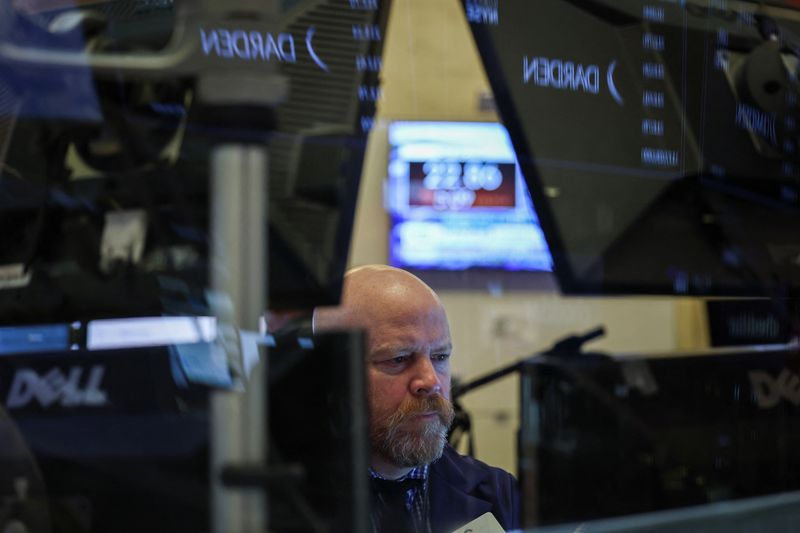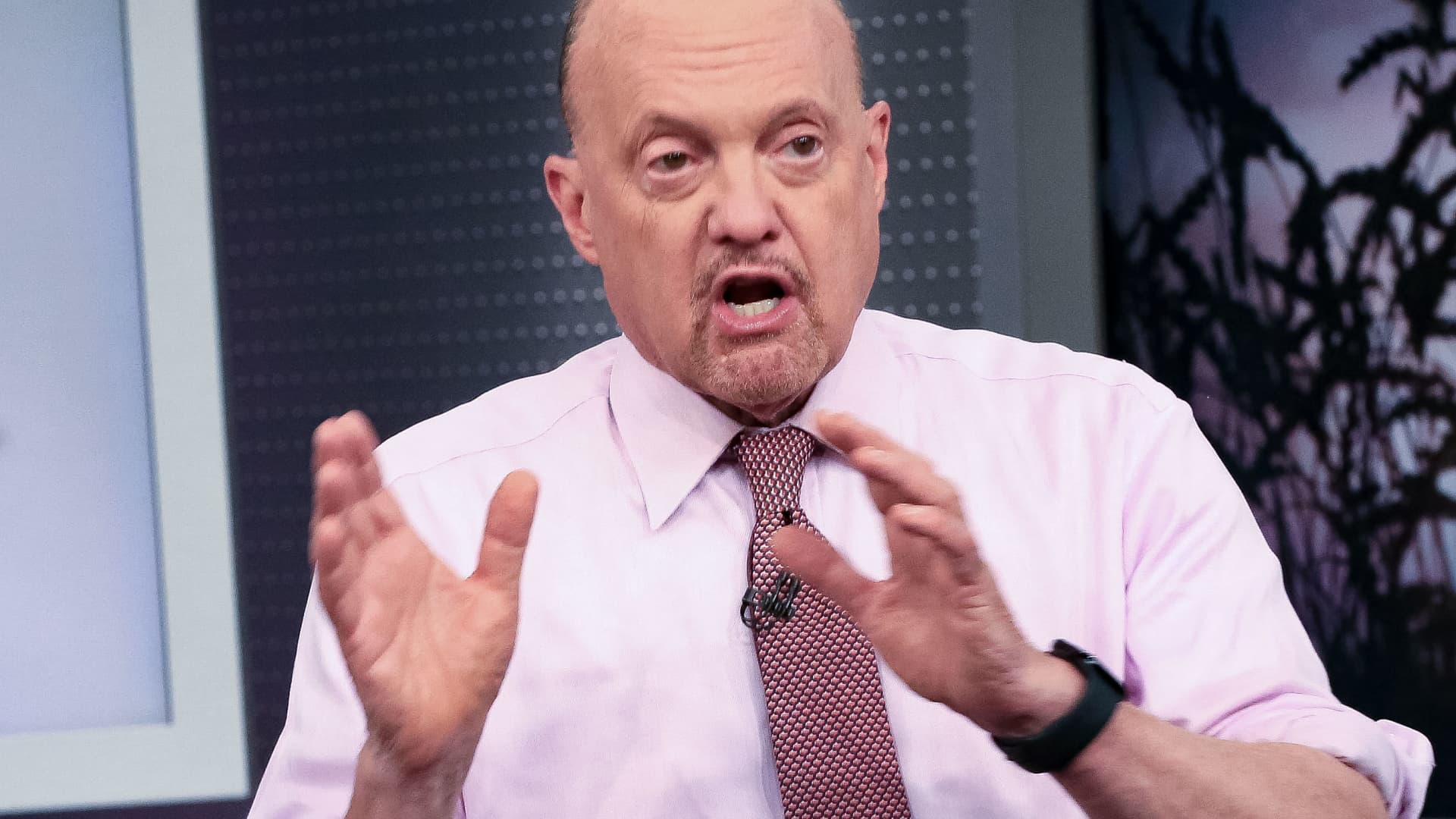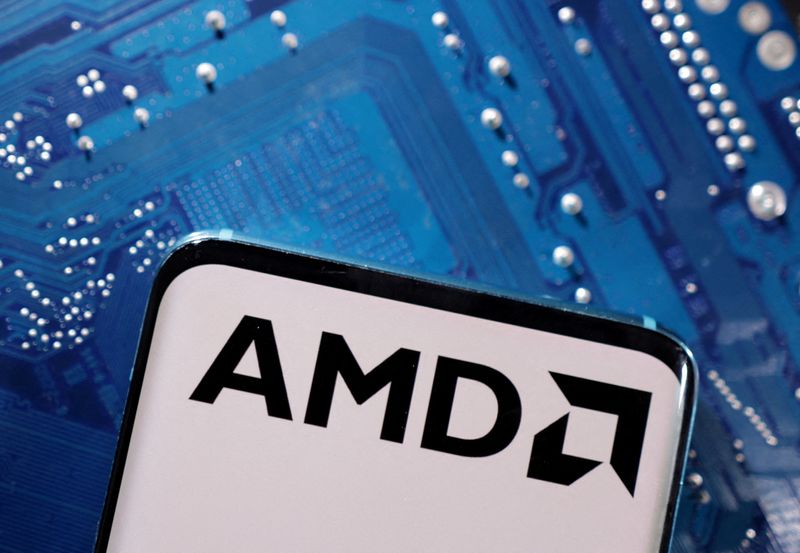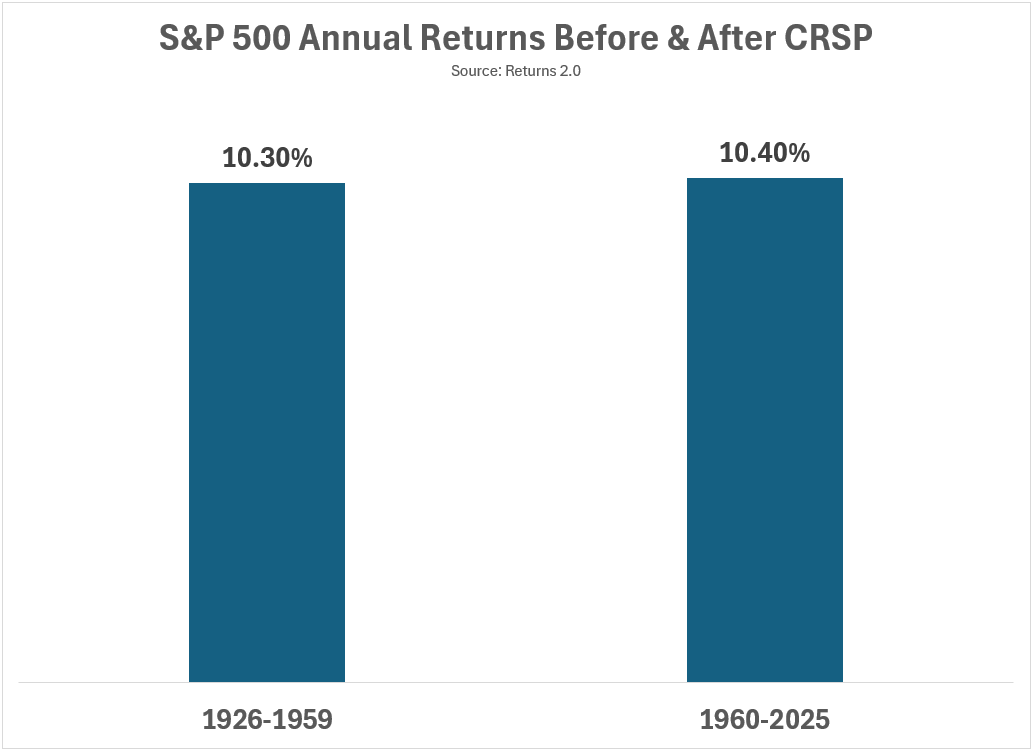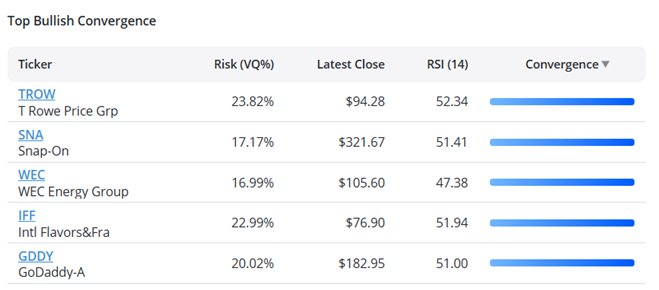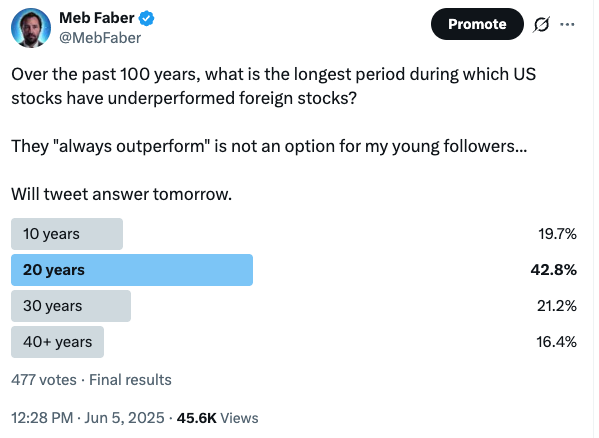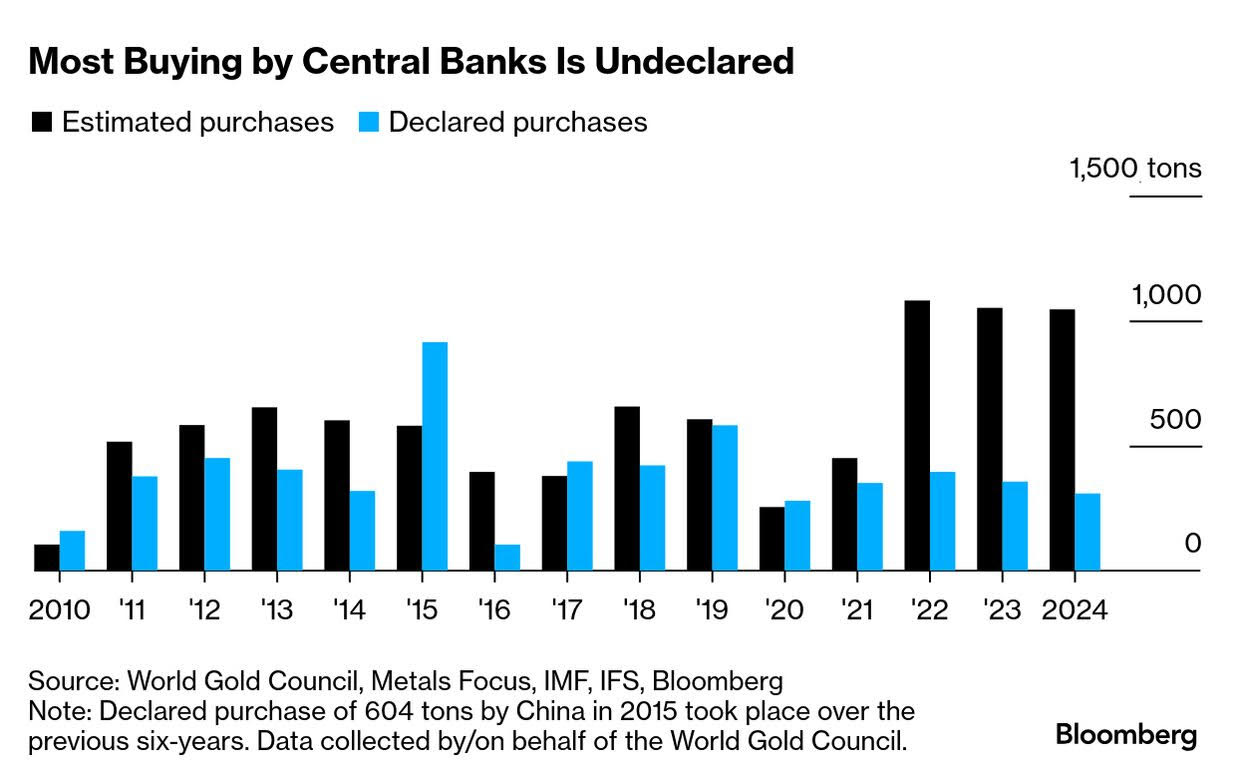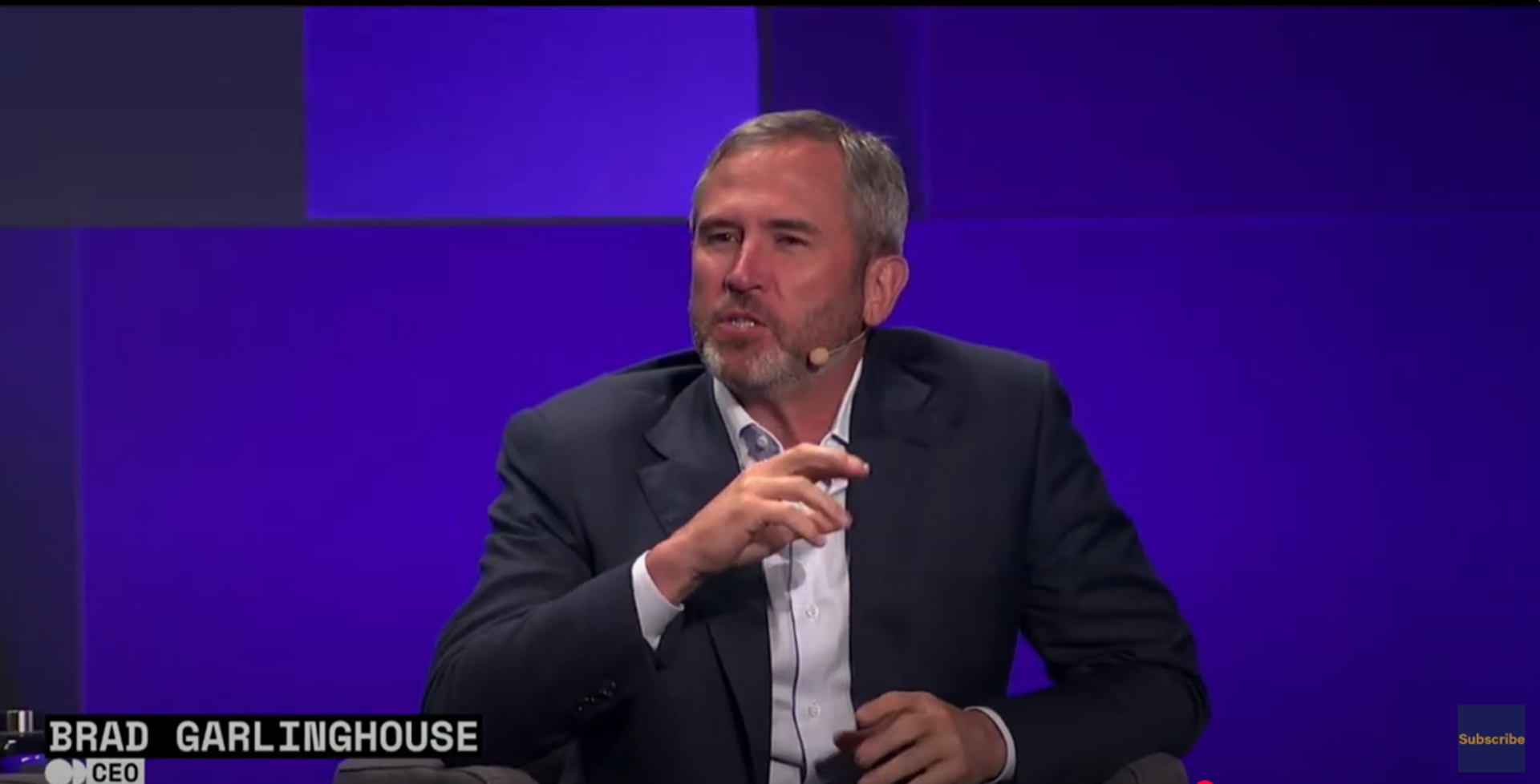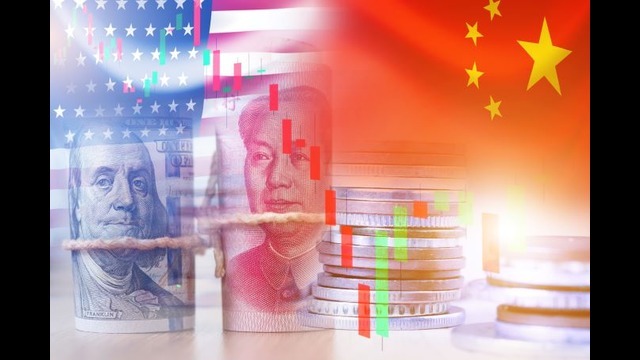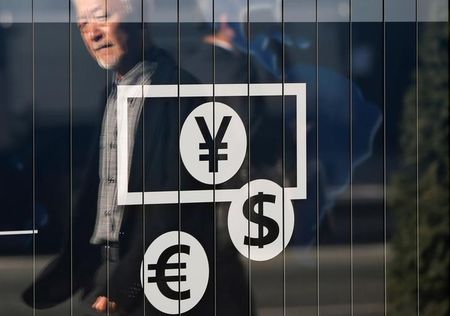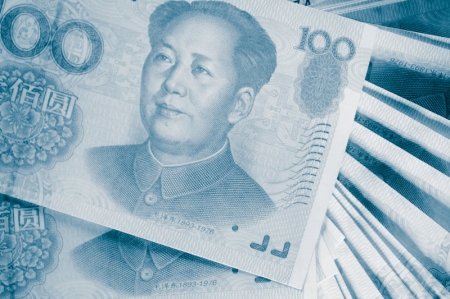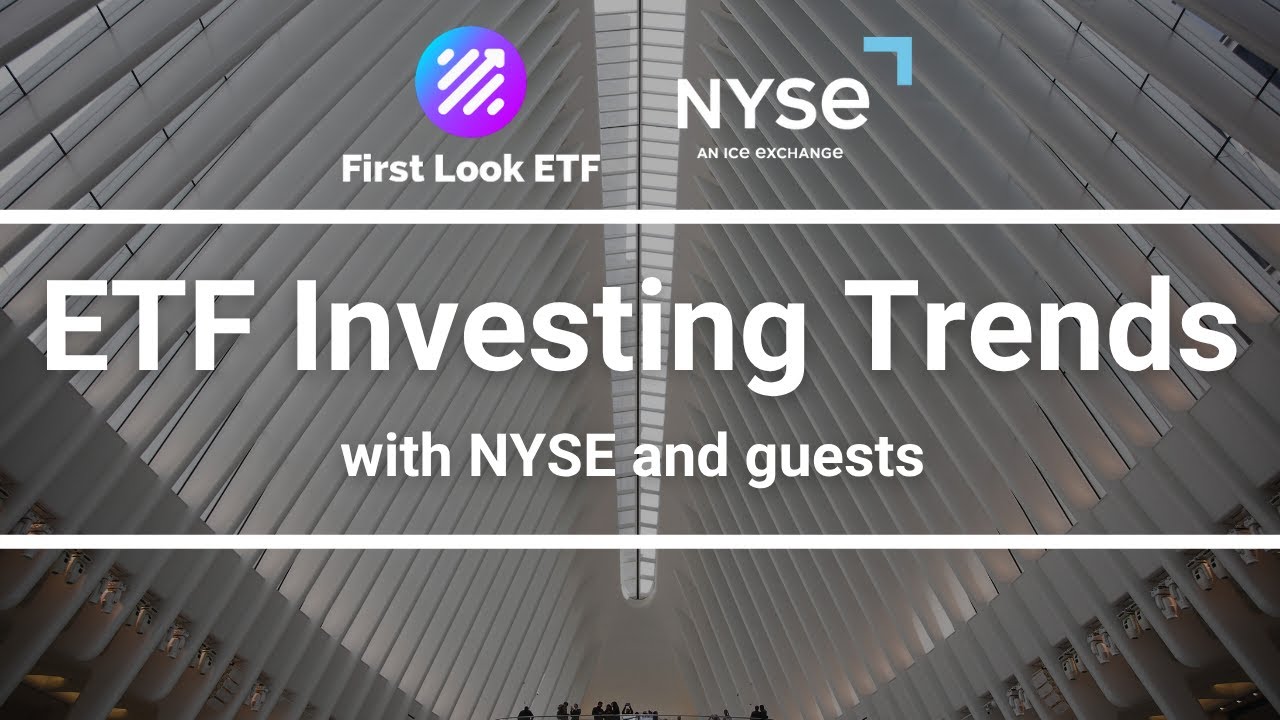Ford CEO Jim Farley Says China Is Existential Threat
CEO Jim Farley sees Chinese EV makers as an existential threat to Ford. Tariffs on Chinese EVs have held them back so far, but for how long? The post Ford CEO Jim Farley Says China Is Existential Threat appeared first on 24/7 Wall St..
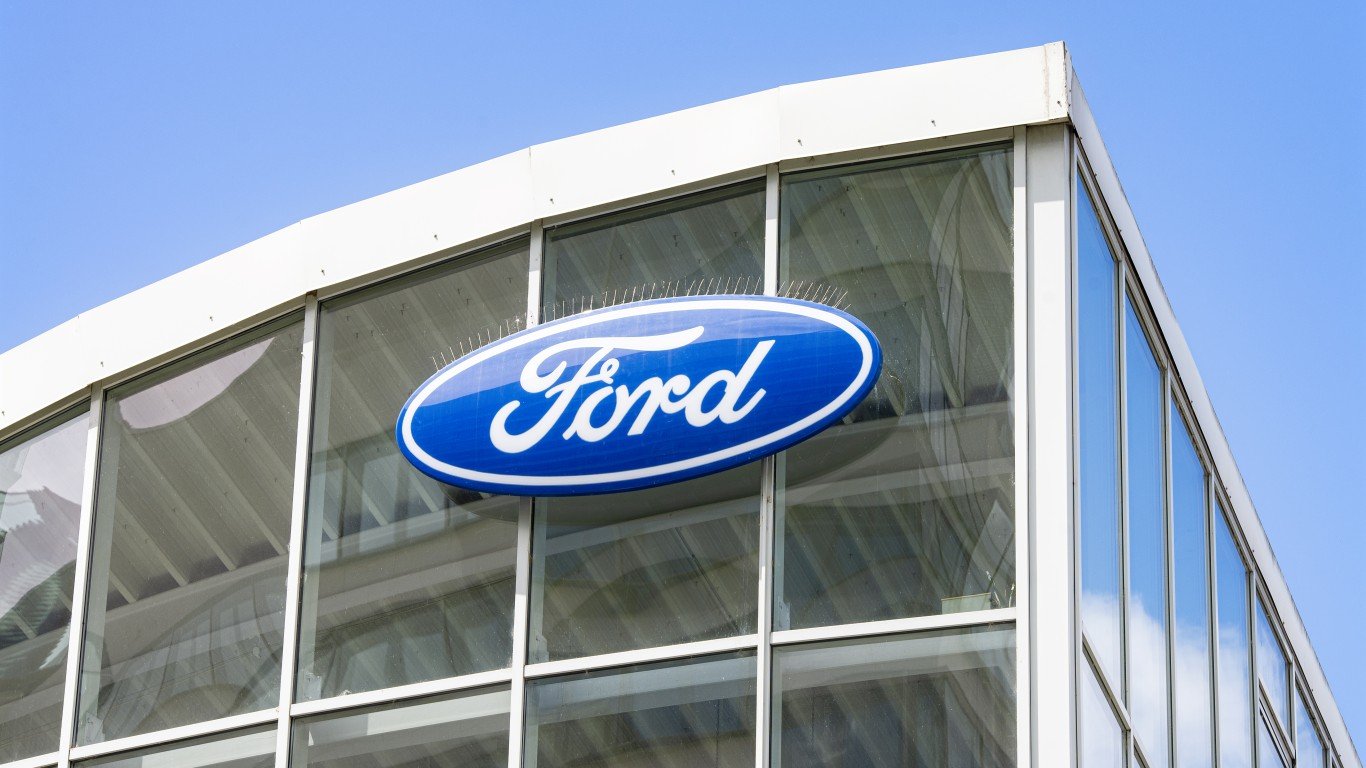
“Existential threat” means something can disappear. Ford Motor Co. (NYSE: F) CEO Jim Farley told John Thornton, one of his board members, “John, this is an existential threat.” He had just returned from China, where he saw huge fleets of inexpensive but well-built electric vehicles. Only hefty tariffs are keeping them out of the United States. Additionally, if he looks at Europe, he can start to see China’s competition problem. Legacy car companies based there are also in trouble as China’s electric vehicle (EV) giant BYD enters the market.
24/7 Wall St. Key Points:
-
CEO Jim Farley sees Chinese EV makers as an existential threat to Ford Motor Co. (NYSE: F).
-
Tariffs on Chinese EVs have held them back so far, but for how long?
-
Take this quiz to see if you’re on track to retire. (sponsored)
China’s EV makers have surged further ahead in sales since the Ford CEO’s visit. BYD moved ahead of Tesla in European sales in April. BYD just announced global new energy vehicle (NEV) sales for May at 382,476. That is up 15% from the same month a year ago. Sales outside China are rising. According to CNEVPost, “The company sold 89,047 NEVs overseas in May, marking the sixth consecutive month of record-breaking sales. This represents a year-on-year increase of 137.46 percent and a month-on-month increase of 12.60 percent.”
Ford can write off any EV success outside of the United States. It only sold 307,000 cars in China last year. Its sales in the country were based on gasoline-powered vehicles. ACEA lists Ford as having 426,307 sales in the European Union last year. That was a decline of 17% from 2023. Ford has no EV presence there. Ford’s market share is so low in Europe and China that it cannot be considered an EV winner in either market.
Tariffs to the Rescue?
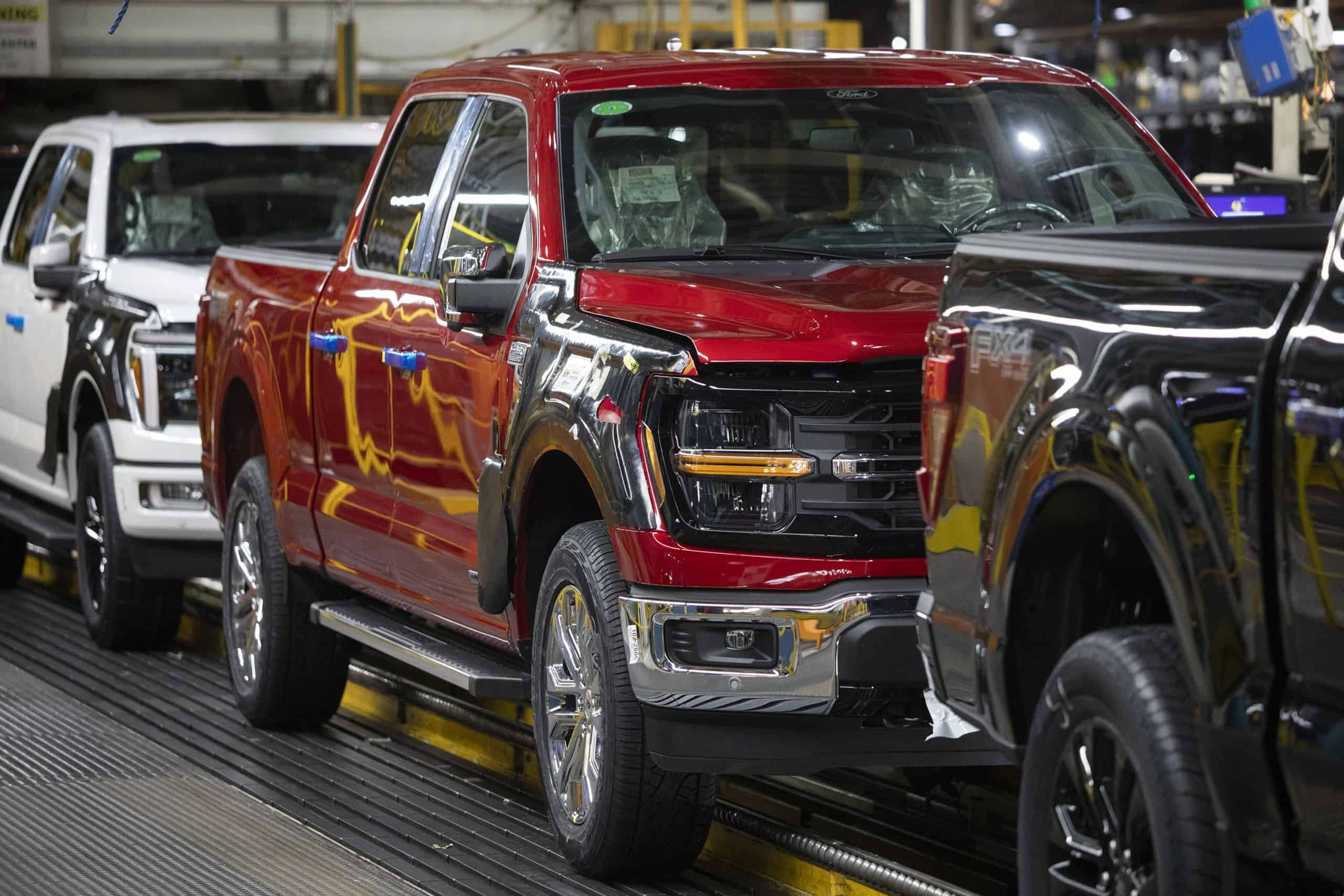
Ford’s EV moat in the United States is built on the back of tariffs. In April, John Lawler, Ford’s vice chair, said, “I don’t think we can say no, they’re not going to come to the U.S. The Chinese are coming, and they are a force to reckon with.”
One reason for tariffs on Chinese electric vehicles is that the Chinese government helps fund their expansion. However, their low price points, quality, and features are strong enough that the tariff barrier will not last. What will break it down? President Trump’s notorious deal-making style could lead to a broad trade deal with China. Unfortunately for Ford, EV imports may be on the table. Chinese car companies may play the U.S. economy card. BYD and its smaller Chinese competitors could offer to build factories in the United States and promise tens of thousands of jobs.
Ford’s U.S. EV market share in the first quarter was 7.6%. GM’s brands, added together, did just as well. Hyundai/Kia also holds nearly 10% of the market. Ford has lost tens of billions of dollars to buy its small share. The company is expected to incur another $5 billion in losses on its EV operations this year.
It isn’t whether Chinese carmakers can cripple Ford financially in the United States but when.
Ford Stock Price Prediction and Forecast 2025-2030
The post Ford CEO Jim Farley Says China Is Existential Threat appeared first on 24/7 Wall St..


